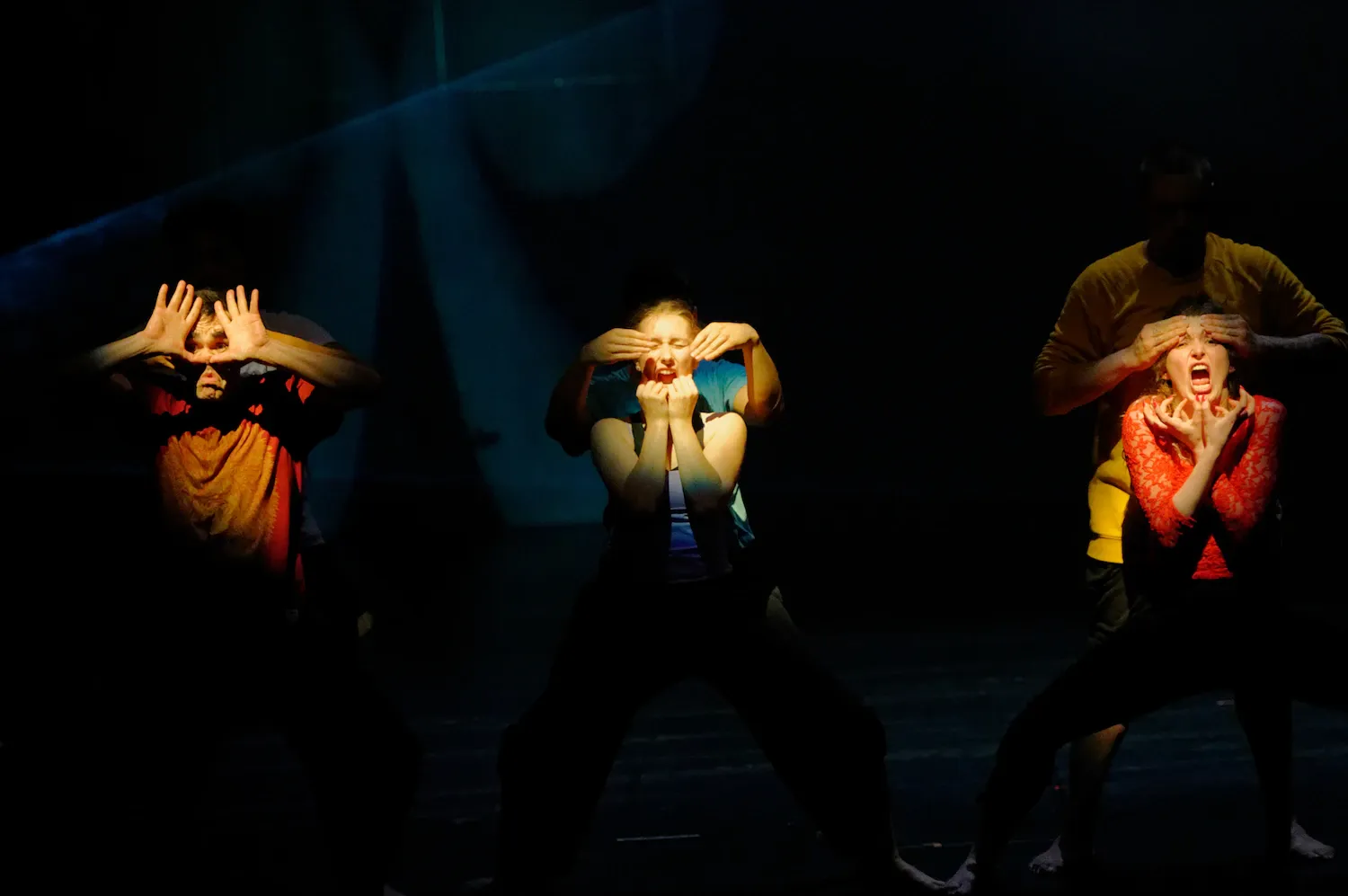Advice to my 22 Year-Old-Self: Malia Johnston
Written by

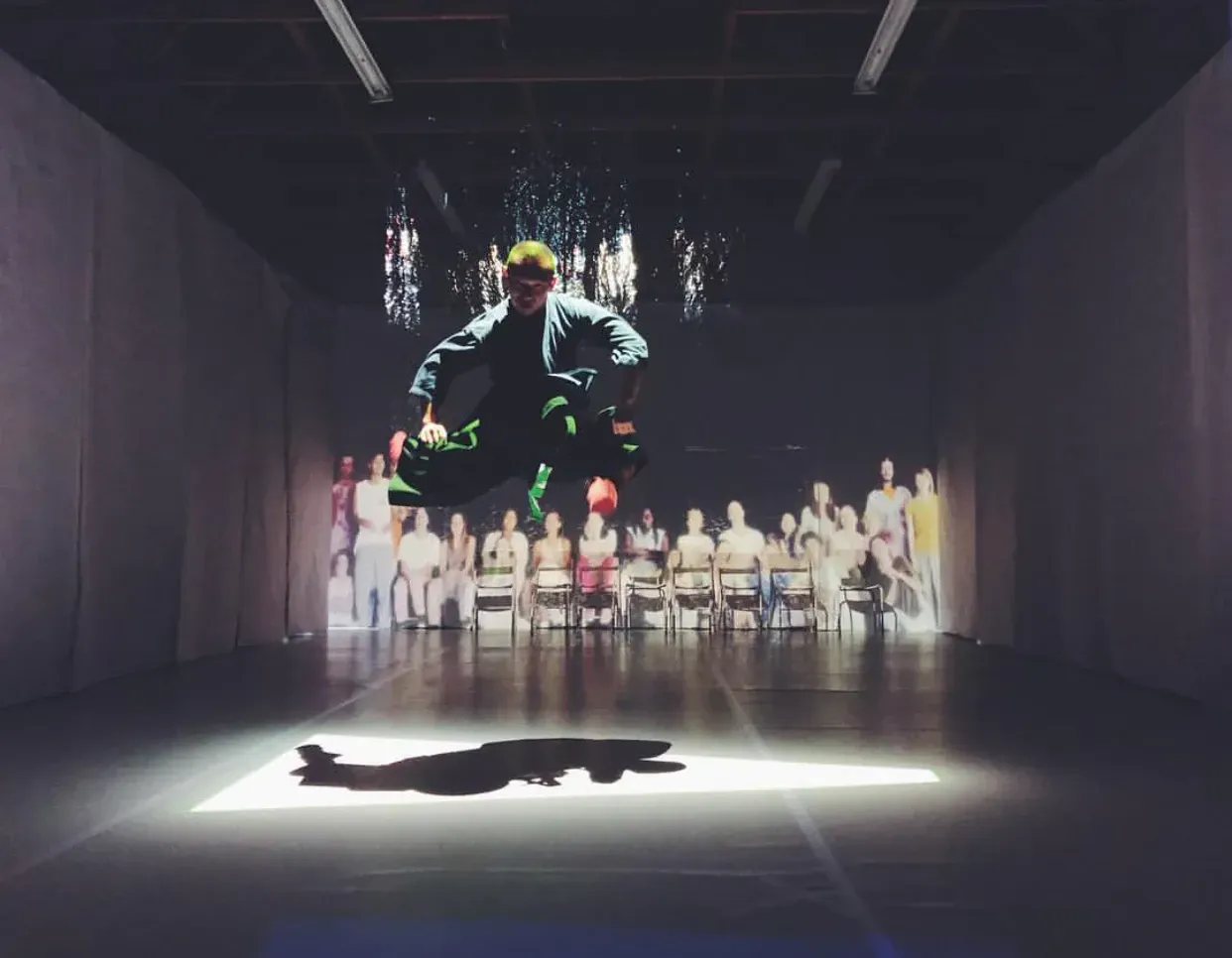
When I was 22 I was studying zoology and environmental science at Canterbury University. On the side, I was running a dance school for children, which I loved. I was teaching and managing 13 classes a week, making shows and putting the kids through exams, yet in my mind this was my hobby, my fun time. What was supposed to be more important, to be my actual life, were all the University classes that I was actively avoiding. I understood that studying at university was what I should be doing, that it was something of value. I realise now that this was because I had not met anyone who valued dance or even considered dance an art form.
When I accidentally came across a full-time dance programme that I could audition for, it was like finding gold. So many people in my life thought I was chasing something elusive... I had never thought training full time in something that I loved was possible. I took the plunge and left University. And I have never looked back.
I had never thought training full time in something that I loved was possible
Dance has provided huge challenges, obstacles and some failures alongside some extremely rewarding opportunities. The advice that I would send down the line to my younger self begins with noting the things that naturally drive you, engage you and that you find easy. Listen, be present and focus on what interests you.
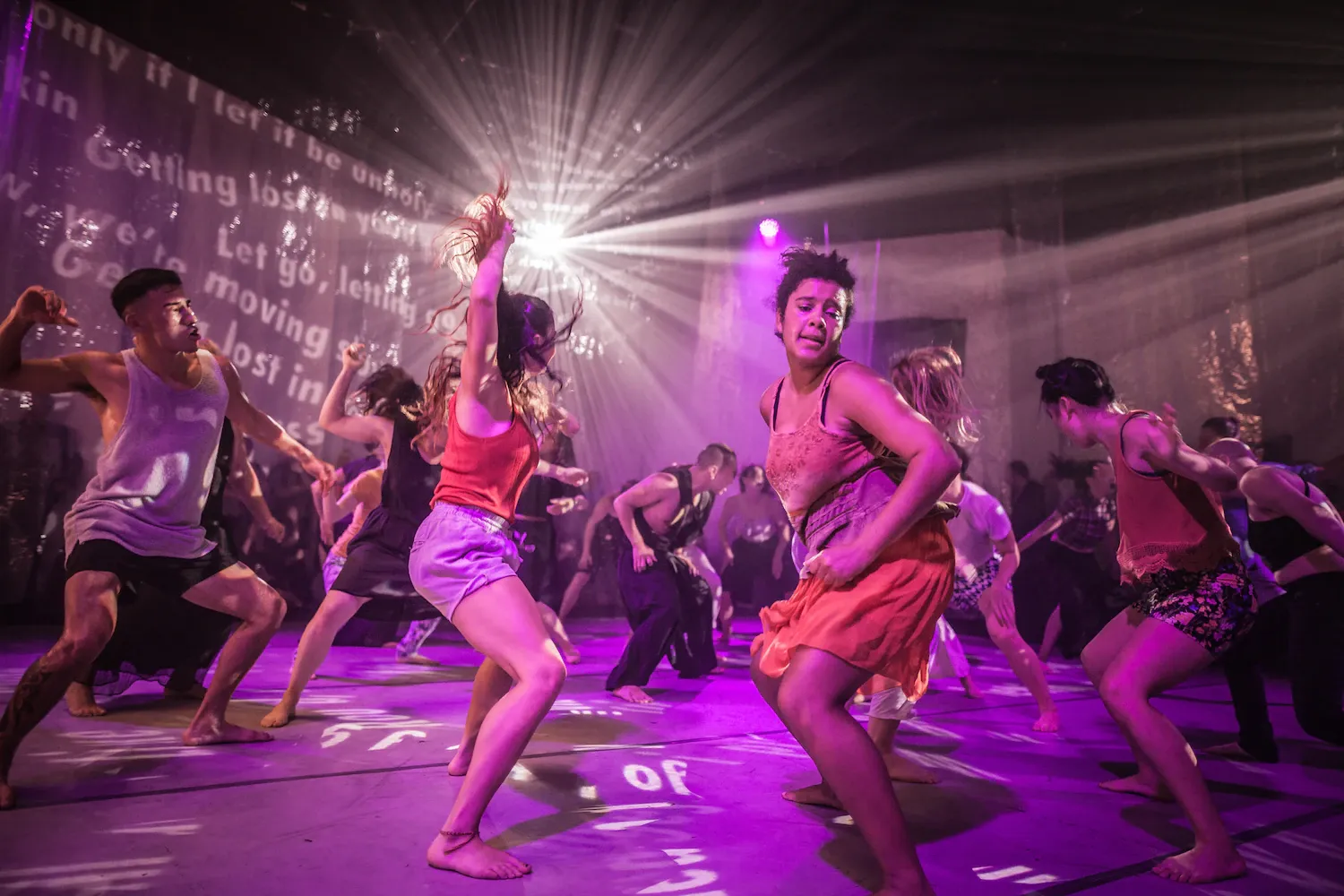
Art can be tough
About 12 years ago I received one of those 'bad reviews' - something along the lines of ‘the most boring show in the universe’ - not just in New Zealand, not only the world, but the entire universe?! It knocked me seeing that in print. There were definitely a few tears, but I learned that with the right perspective you can recover. I am no longer afraid to read reviews as that was the worst review one could ever receive!
I also discovered that reviews are not an extension of my work: they are an opinion, which may be right or may be wrong. Art can be tough, so you have to be prepared to weather the rocky parts and recognise that is where the juicy bits lie. If the work is not going in the direction you anticipated, learn to adapt: pick out the things you want to take through and leave behind the stuff that’s not useful. That particular show with one bad review also had incredible reviews, The following year we re-worked the show and it won Best Production at the Wellington Fringe.
Choose the views you value
The people that value your work, respect your process and support your direction are the people you want to look after and keep in your life. Everyone judges, including your closest colleagues and friends, but you should only value the judgments that help your work to expand and grow. It’s tricky to weed out judgments and criticism but also hugely important for your mental health. You choose who you want to listen to. You don’t have to listen to everyone.
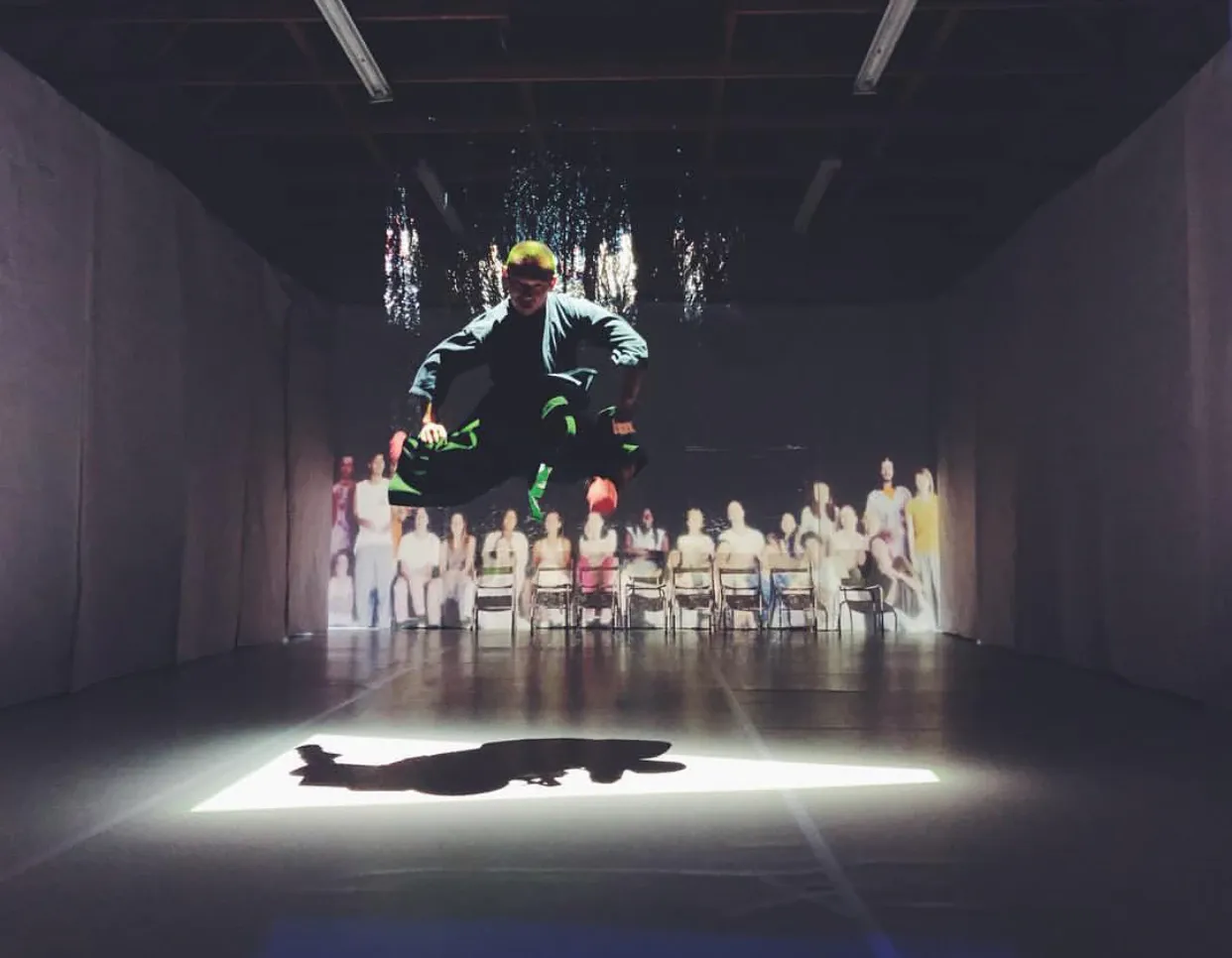
Learn to critique well
This tool is crucial in pushing ideas along and to help people who you collaborate with. Learning how to do this with positive energy and kindness takes time and skill, but it means you can drive ideas around a new corner instead of being simply blocked. Energy to push into new territory is fuelled by the space to see outcomes rather than being blurred by the fear of failure.
Stop, collaborate, and listen
Long term collaborations and good creative partnerships are worth investing in and require care. These people are hugely important to the way you work and cannot be taken for granted. Support your collaborators in their other interests. These are precious relationships and you should back them all the way. Look for opportunities that allow your creative relationships to grow and develop.
Research your funding
Funding is a resource. It is a tool to help you make your work. Organisations and communities develop systems to distribute funds - learn to understand the system and the objectives of the funding you have applied for. They are not there to determine whether your work is of value or not. It is not a judgment device, even though it may feel like one when an application or funding request is turned down.
It is important to understand how a funding system works. Research and talk to people about it. These are resources to support what you do, don’t let it define your work and don’t make compromises simply to tick a box. It’s good to be playful about which opportunities actually resonate with what you are trying to achieve. Funding opportunities and ways to pave out a new project can come in many guises.
Saying yes, and learning to say no
Say yes, a lot. It is good to have options, especially ones that stretch you beyond your comfort zone. But saying no is also really important.
Back in 2000, I was told that perhaps all the energy and busyness I was expending was for other people and a distraction from what I really wanted and needed to do with my dance and choreography. So I quit everything that I was doing at the time. It was one of the hardest times. I struggled with emptiness and the lack of money. But in the end, this downtime gave me the space to focus on what I really needed. It allowed me space to meet new people and investigate what was out there, to apply myself and it also forced me to take certain risks. I wrote letters and made videos and connected with people who I have now been working with for over 18 years.
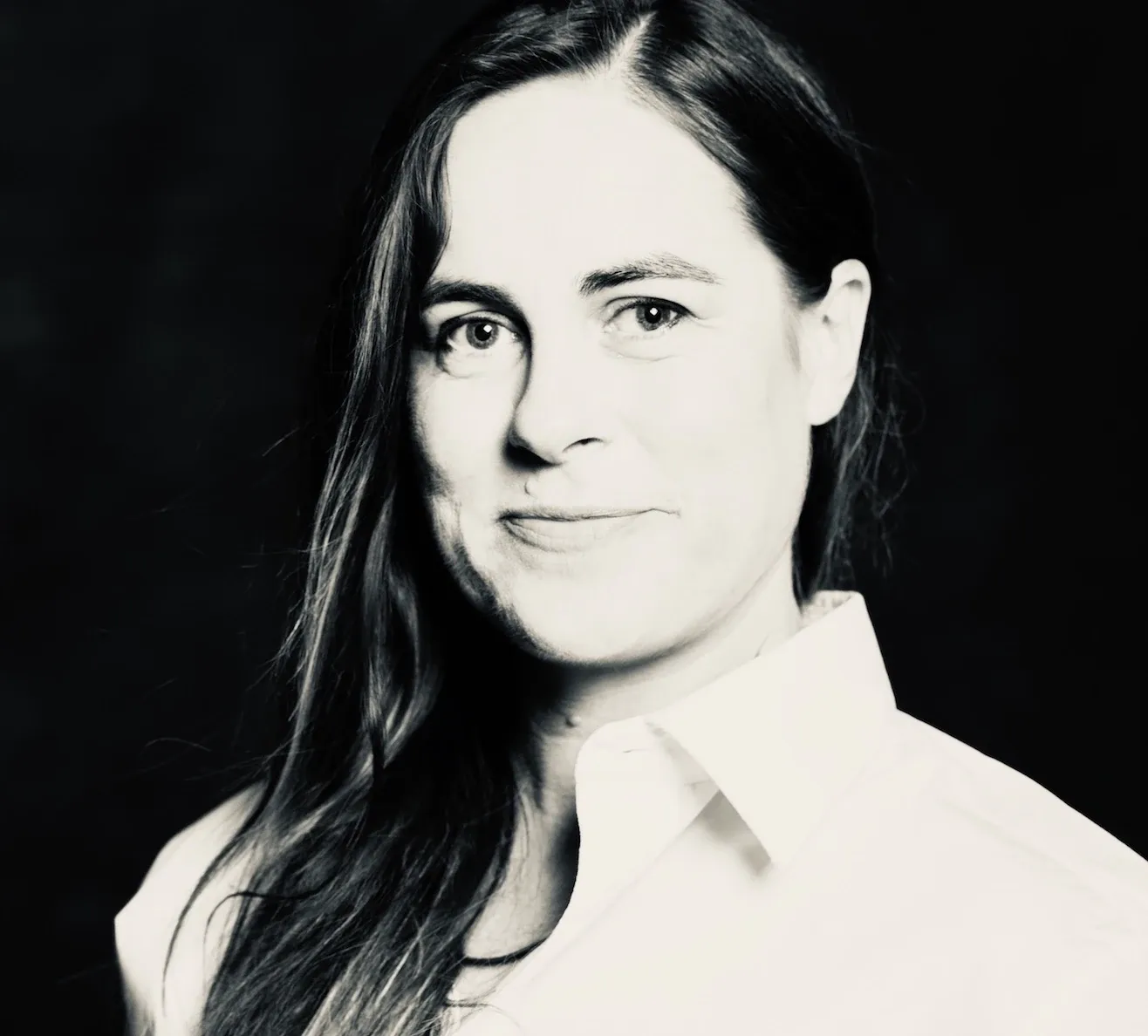
Multi-award winning Malia is best known to the mainstream for her 14-years working with the World of Wearable Art. She was Artistic Director for 7 years and returned as Creative Director in 2018. As director of MOTH, Malia has toured their productions all around Aotearoa and the globe with the 2018 hits like Rushes and Meremere.
See MOTH Movement of the Human 21 – 24 Feb during Fringe Town as part of Auckland Fringe Festival 19 February – 3 March.
